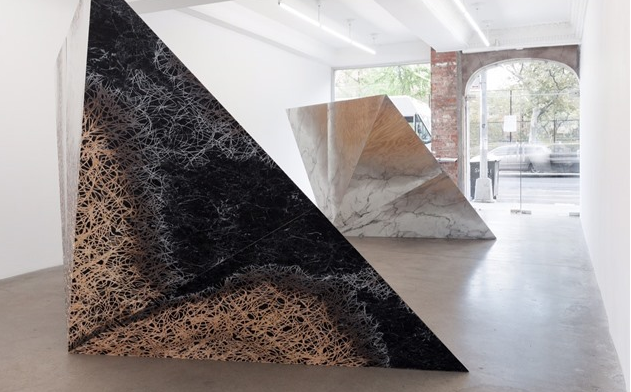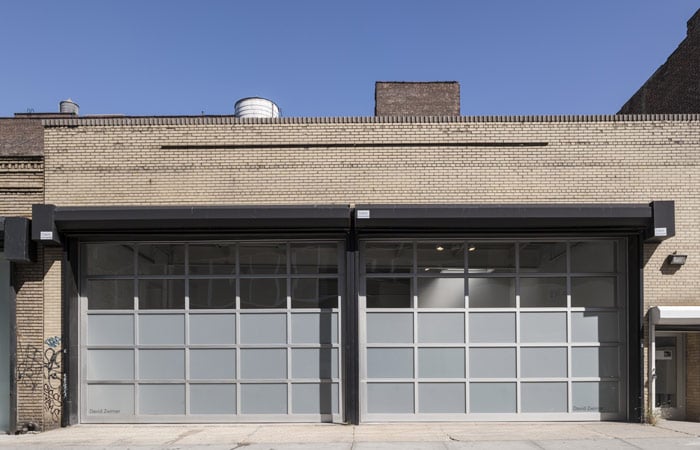Analysis
Art Demystified: Why Don’t Galleries Display Prices?
Helping first-time buyers navigate art pricing.

Art Demystified is a series that attempts to shed light on esoteric aspects of the art world.

Art galleries rarely display prices openly.
Photo: Barkley L. Hendricks at Jack Shainman Gallery, New York.
Photo: Barkley L. Hendricks at Jack Shainman Gallery, New York.
“I think artists are uncomfortable about, and do not wish to have their work discussed in terms of prices and market value, and what is selling and not selling,” art dealer Augusto Arbizo, director and partner at New York’s 11R gallery, told artnet News in an e-mail. “Prices aren’t openly displayed because they want the work discussed in critical terms and historical context. That is why prices are often not so public.”
There are of course other motivations for keeping prices secret. As the director of a prominent London gallery told artnet News, “We don’t like to speak about prices to prevent our clients’ spouses or the tax authorities from finding out about their purchases.”

11R Chrystie Street gallery, with works by Michael DeLucia.
Photo: Courtesy 11R.
Photo: Courtesy 11R.
Arbizo, however, insists that “all the galleries I have ever worked at always had a checklist with prices printed and available to the public, and 11R has one available for every exhibition.”
Nevertheless, the lack of tangible attributes often makes it difficult for first time buyers to assess the fair value of an artwork. Indeed, prices of artworks are often negotiable.
Arbizo explained that in the primary market (where the gallery and artist agree and set the price for a work) the price is determined by “an artists exhibition history, sales history (if any), career level, and size of artwork.” He added that “sometimes, production costs are factored in as a cost that needs to be recouped.”

First-time buyers should seek dialogue with gallery staff.
Photo: Courtesy David Zwirner Gallery, New York.
Photo: Courtesy David Zwirner Gallery, New York.
The dealer encourages first time buyers and people interested in collecting art to “ask a lot of questions directly to the gallery, and anyone who may have already done business with the gallery… I encourage dialogue with clients to help them be comfortable with any acquisition process.”
Follow artnet News on Facebook.
Share
Article topics

No comments:
Post a Comment